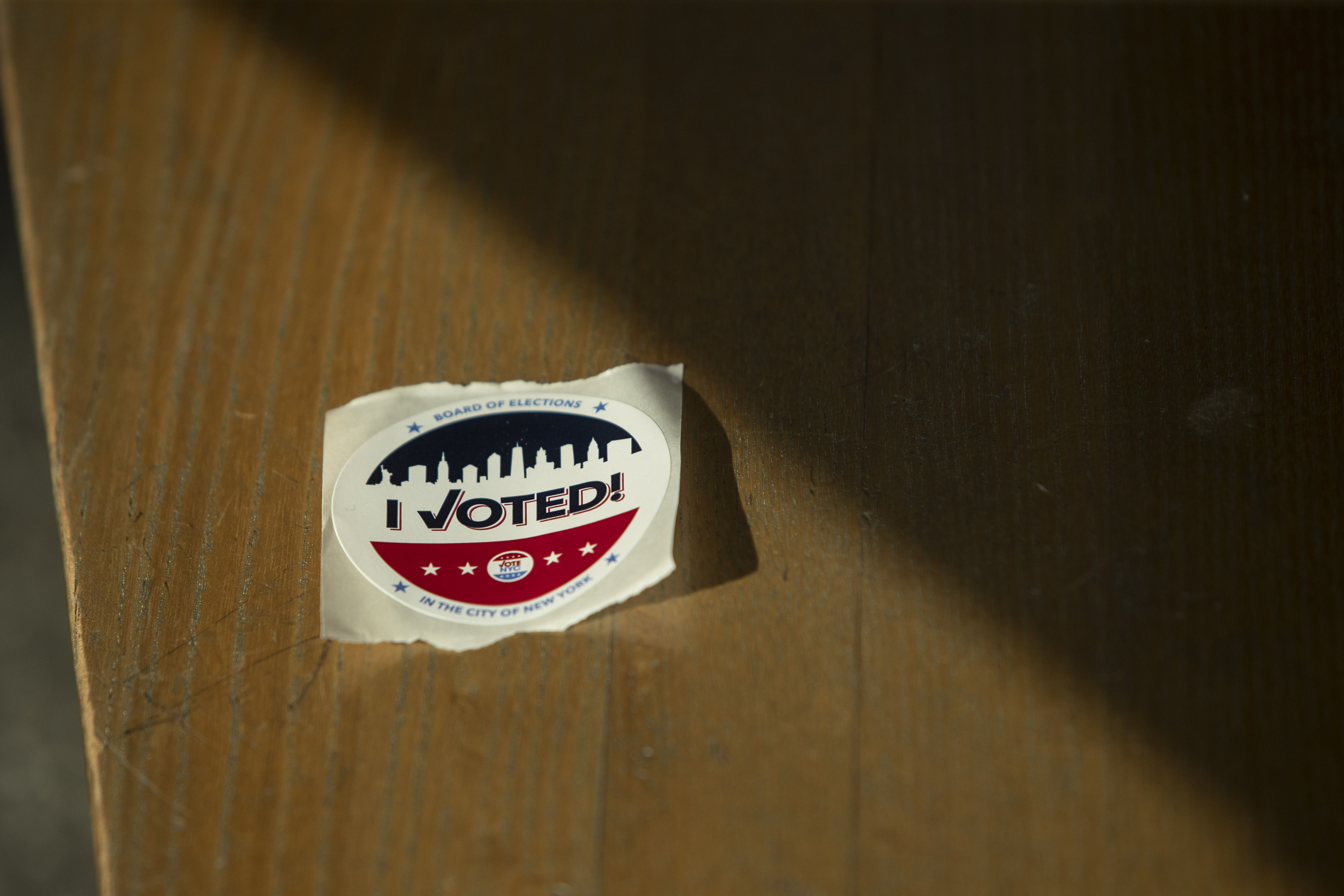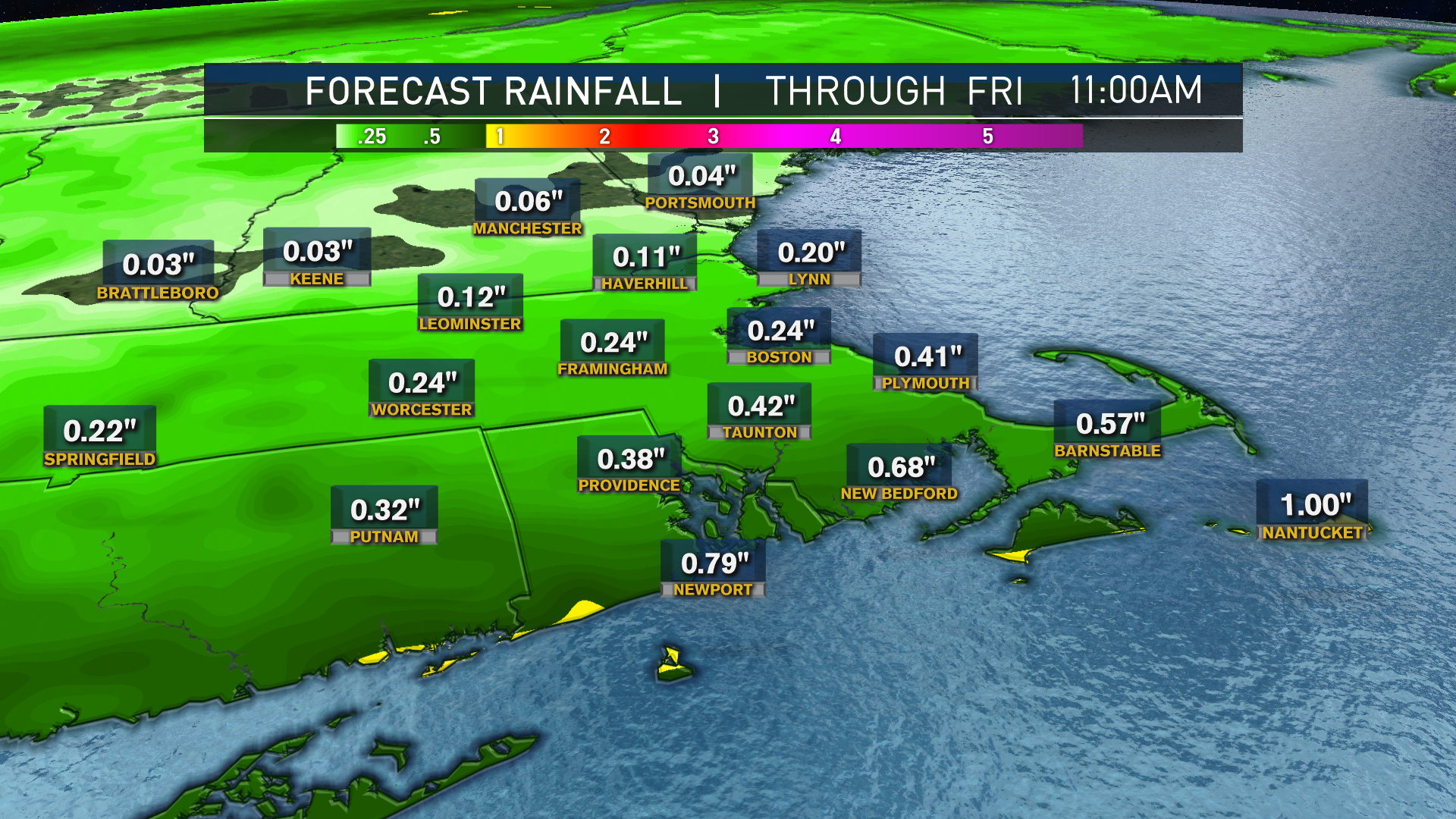With the drama of ballot counting in the Fourth Congressional District behind him, Secretary of State William Galvin called the state's first foray into widespread mail-in voting a "great success," but said he will need additional funding to ensure that the November election goes off smoothly.
Applications for mail-in ballots will begin to go out to registered voters by the end of the week, Galvin said. And the state's chief elections officer anticipates an online portal required by the Legislature for voters to request early and absentee ballots to be operational by the end of the month.
Get top local stories in Boston delivered to you every morning. Sign up for NBC Boston's News Headlines newsletter.
But some things will need to change before November, when turnout and the volume of mail-in ballots is expected to be even higher than it was for the primaries.
On Tuesday, Galvin said he has already spoken to the Baker administration about his need for additional funding to cover the cost of mailing applications and ballots to registered voters interested in voting by mail in the general election.
Asked how much would be required, Galvin said, "More than a million."
"I'm optimistic that they'll be cooperative," he said of the administration.
Galvin said he wished he had even more money to help local election clerks hire staff to run the polls and process ballots, and said he was discouraged by reports that Senate Republicans in Congress had rolled out a pared back stimulus bill Tuesday that did not contain funding for election operations.
Local officials may need help, Galvin said, and "it would be great if I had the resources to help them pay for personnel and staff, but I don't."
Galvin discussed his preparations for the November election days after concluding the late counting of thousands of mail-in ballots in Newton, Wellesley and Franklin, three of the communities where there was a tightly contested primary for Congress eventually won by Newton City Councilor Jake Auchincloss.
Local officials in those towns, especially Franklin, had difficulty getting all their ballots delivered on election night to precincts for counting, especially those that arrived late on election day by mail.
Galvin said he would not be seeking any legislative changes to the vote-by-mail process, but would be making some procedural adjustments and talking with local clerks about best practices and lessons learned from the primary.
"Even if I had a wish list, it would be impractical. There's not enough time," Galvin said about seeking legislative remedies. "The changes we're thinking about are more procedural and will be accomplished administratively, some uniformity in terms of counting practices. Fortunately November we will have three additional days to receive and count ballots."
More Voting Coverage
Unlike in the primary when mail-in or early ballots had to be received by 8 p.m. on election night to count, the new law allows for ballots to arrive up until 5 p.m. on the Friday after the election, or Nov. 6, as long as they were postmarked by election day. A town or city's books will also remain open for 10 days for military and overseas ballots to arrive.
"We also don't have the pressure to prepare another ballot," Galvin said.
Newton City Clerk David Olson told the News Service last week that more than 3,100 ballots arrived on election day, including the 751 ballots that arrived after 5 p.m. and weren't counted until Thursday after Galvin secured a court order to keep counting.
"I think it went really well," Olson said of mail-in voting overall. "It just would have been really nice to have that extra day."
Close to 1.6 million people voted in the state primaries on Tuesday, according to preliminary numbers, which would be a record for raw votes cast, and Galvin credited not just voting by mail, but also the work local officials did to make in-person voting a safe experience.
"I think it's also pretty clear we had a successful in person, as well," he said.
But Galvin wasn't quite ready Tuesday to say mail-in voting should be here to stay.
"We'll have to discuss where it stands in November. I think we can say it was a positive experience," he said. "We have to look at the numbers, but I think we brought a lot more independent voters into the primary process."






